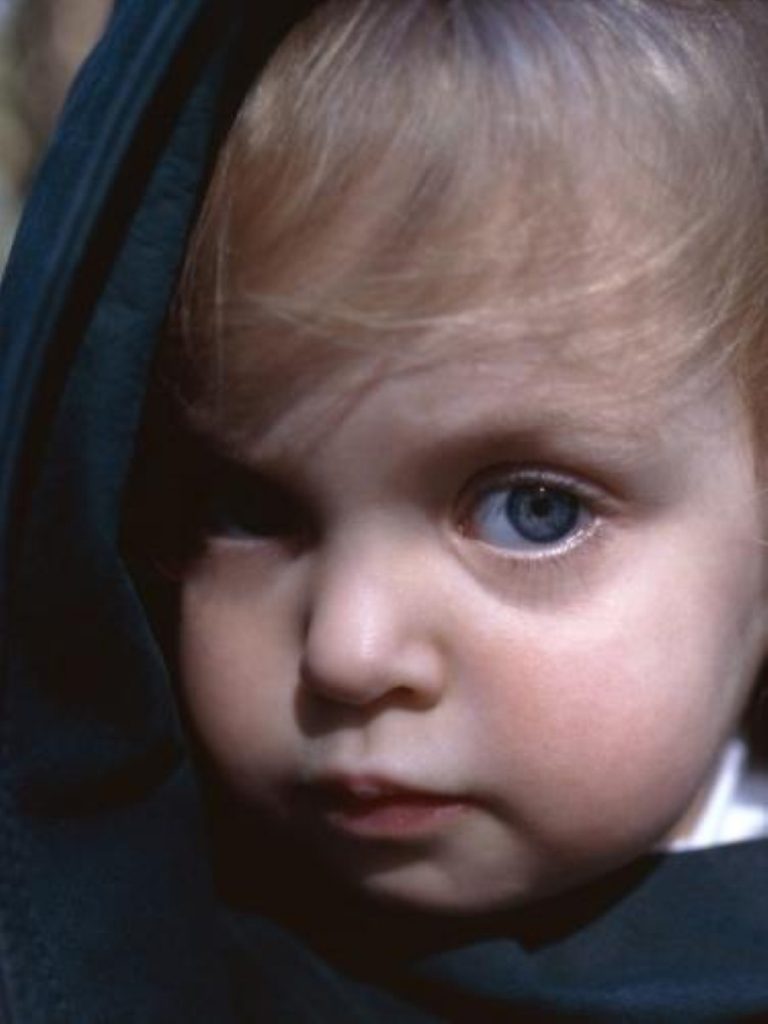Govt ‘must do more’ to end child trafficking
Ministers have insisted they are committed to tackling the “modern slave trade” of child trafficking after a new report warned that not enough is being done to stop the practice.
A study by Unicef finds that efforts to stop children being taken from eastern Europe to work in the sex industry or low-paid jobs in other countries are “too little, too late”, and warns more must be done.
It condemns governments in Albania, Kosovo and Romania for failing to properly protect children and inform them of the risks of people smugglers – for example, awareness campaigns warn about strangers, but most children are taken by family members.
But the report also warns that governments in western Europe, including the UK, must cooperate more to tackle the international trafficking trade, and also ensure children who are brought to their countries are properly protected.


It praises the government’s introduction of the Gangmasters (Licensing) Act 2004, which regulates agencies that employ foreign workers for agricultural and factory work, but notes that other industries where trafficking victims end up “remain largely unregulated”.
In particular, Unicef is urging the UK to sign the Council of Europe Convention on Action against Trafficking in Human Beings, which would allow victims of trafficking to stay for a brief time after being released in which to seek help.
“Hundreds if not thousands of children are trafficked into the UK every year. Child trafficking is a gross violation of the rights of any child,” Unicef UK spokeswoman Sarah Epstein told politics.co.uk.
“It is crucial that further cases of child trafficking are prevented and that victims of this abhorrent crime are identified by the authorities, rescued and given the protection and assistance they specifically need.
“The UK government must continue to act to protect children that have been trafficked onto our shores. Not enough is being done for these children who have been exploited and abused and are totally alone.”
Ministers have previously rejected calls to sign up to the trafficking convention, amid concerns that it would encourage people to pretend to be victims of people smugglers to seek temporary leave to remain in the UK.
However, a Home Office spokeswoman stressed this morning: “The government is committed to tackling the appalling modern day slave trade of child trafficking by prosecuting traffickers and providing support for victims.”
A new offence had been introduced for trafficking for exploitation that carried with it a 14-year maximum penalty, she noted, and said ministers were working with children’s groups and Unicef to develop a coordinated approach to child trafficking.
“Teams of social workers have been established at ports and asylum screening units to help identify the particular needs of separated children who may have been trafficked and to help develop plans to safeguard their welfare and protect them from the traffickers,” she added.









